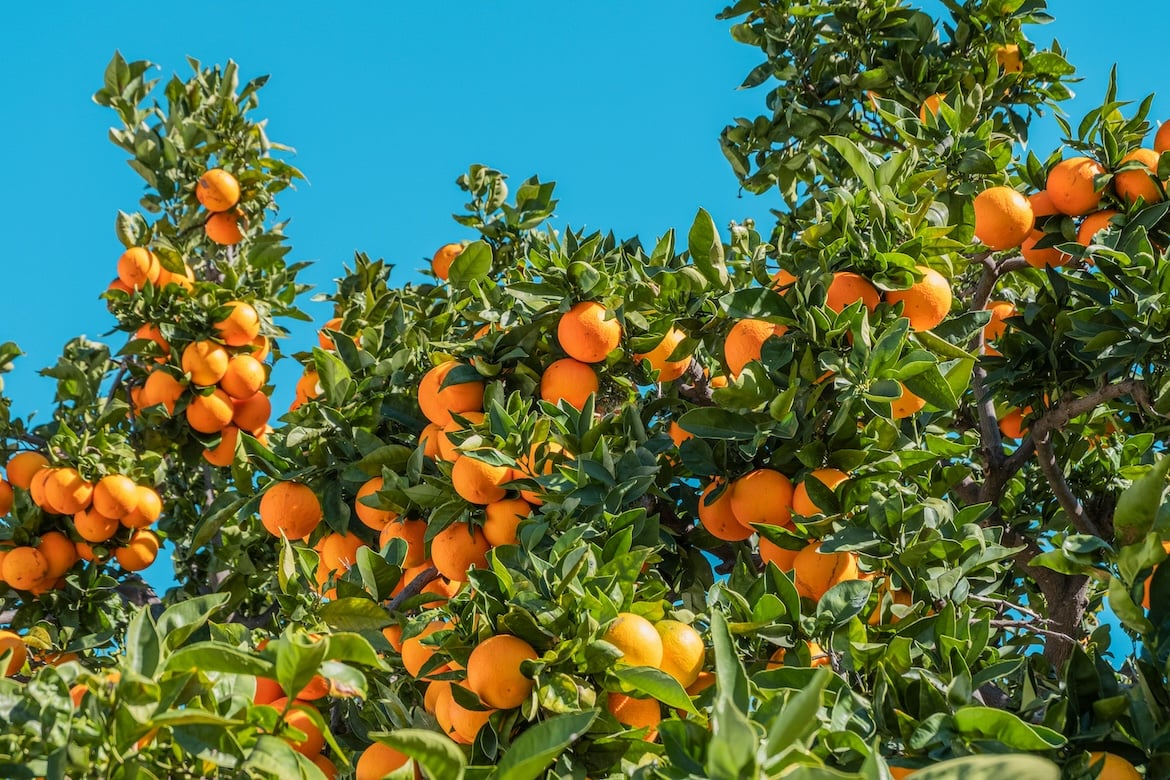This week’s list of top data news highlights covers September 6, 2025 to September 12, 2025 and includes articles on detecting cyberattcks on satellites and using AI to combat citrus crop disease.
1. Bringing AI to High Fashion
Ralph Lauren has introduced Ask Ralph, a conversational AI feature in its U.S. app that suggests outfits and answers style questions in natural language. Built using OpenAI models, the system draws on decades of Ralph Lauren archives and lookbooks to generate recommendations for different events and occasions.
2. Tracking Battlefield Threats
TurbineOne, a defense software startup based in San Francisco, has developed an AI system that runs on laptops, drones, and smartphones to detect and track battlefield threats without relying on cloud connections. The U.S. Army is rolling out the tool, which processes infrared imagery, radar, and radio signals directly on soldiers’devices. The system helps soldiers identify moving targets and ensures they are not cut off from critical intelligence at the front lines.
3. Introducing Steering Wheel-less Cars
Zoox, an autonomous-vehicle startup, has begun rolling out its driverless robotaxis on the Las Vegas Strip, offering free rides between selected destinations in bespoke vehicles. Unlike retrofitted cars from competitors like Waymo, Zoox’s vehicles have no steering wheels or pedals and can drive in either direction without turning around. The design integrates lidar, radar, and cameras directly into the vehicle to detect obstacles and navigate safely.
4. Discovering Radiation Paths for Cancer Therapy
Oncologists at Addenbrooke’s Hospital in Cambridge, England, are using an AI tool called Osairis, co-developed with Microsoft, to plan radiation therapy faster. Doctors once spent up to two hours manually mapping safe paths for radiation beams to target cancer cells without harming healthy tissue, but Osairis now completes the task in minutes. Trained on thousands of past cases, the system helps treat cancers like prostate and head and neck tumors more quickly, easing delays caused by England’s rising demand for radiotherapy.
5. Assisting Surgeons in Live Surgery
Clinica Las Condes in Santiago, Chile, has tested an AI-guided laparoscopic camera that autonomously adjusts its position during surgery. Using computer vision, the system tracks surgical instruments and patient anatomy in real-time to keep the camera focused. In a recent gallbladder removal, it allowed the chief of surgery to operate without a human assistant.
KaraAgroAI, a startup based in Ghana, has developed an AI system that uses drones to scan farms for crop diseases, water stress, and nutrient deficiencies. The system processes high-resolution imagery to provide instant, targeted recommendations, helping farmers improve yields and reduce fertilizer waste. Used by Ghana’s Ministry of Food and Agriculture, it also works offline to serve rural areas with limited Internet access, addressing a critical shortage of agricultural experts across the continent.
7. Detecting Cyberattacks on Satellites
Proof Labs, a startup based in New Mexico, is developing an AI-powered tool that monitors satellite behavior and telemetry to detect cyberattacks in orbit. The system compares how a satellite’s hardware is actually functioning with what its sensors report, allowing it to flag hidden attacks on critical parts like batteries or reaction wheels. Trained on millions of rows of simulated data, the tool helps operators spot threats quickly, even when compromised systems appear normal.
8. Predicting Water Demand in Greece
Researchers from Democritus University of Thrace and Aristotle University of Thessaloniki in Greece are leading WATERWISE, a project using AI and big data to tackle Greece’s water shortages. The system analyzes climate scenarios and tracks water use to forecast future demand for households, farms, and tourism. Data from visitor questionnaires helps measure the water footprint of tourists, a key factor in high-demand summer months.
Coca-Cola and MIT have launched Save the Orange, an initiative that uses AI to fight citrus greening, a crop disease threatening global orange supplies. The project’s AI models analyze agricultural, environmental, and biological data to improve early detection of infected trees and guide more precise treatment strategies. By combining data from citrus growers and researchers, the system aims to predict how the disease spreads and recommend targeted interventions, helping farmers slow its impact on orange production worldwide.
Tastewise, an AI platform for the food industry, is helping restaurants and food brands improve menu planning by analyzing real-time data on consumer preferences, dietary trends, and ingredient popularity. Its models process factors like sales history, weather, and local events to forecast demand, recommend new dishes, and reduce food waste. By predicting what customers will want next, the system enables businesses to adjust offerings quickly and design menus that are cost-effective, sustainable, and aligned with evolving tastes.

